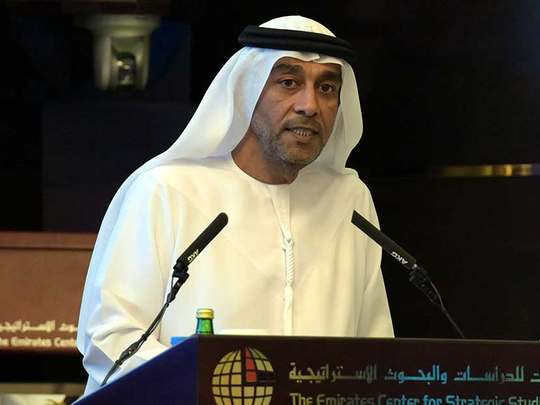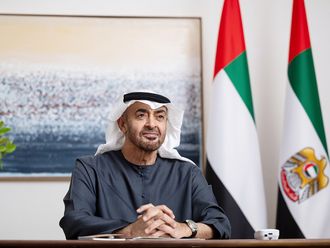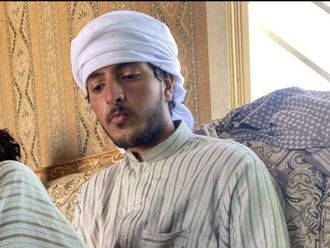
Abu Dhabi: With several Arab and Muslim countries often struggling to create a civil state, the UAE stands as an example of success, managing to integrate religious tradition and culture with modernity, said a prominent Emirati writer in a lecture delivered on Monday.
Rashid Al Araimi, former editor-in-chief of Al Ittihad and the current media adviser at the Crown Prince Court, Abu Dhabi, delivered the talk at the Emirates Centre for Strategic Studies (ECSSR), which was attended by several Arab intellectuals as well as diplomats.
“The Emirati experience is considered to be the most successful. It is the only example of building a federation in the Arab world. International studies have recommended that the Arab world follow in the footsteps of the UAE in building a modern state,” he said.
Stability, tolerance
Al Araimi explained that to have a successful civil state, several conditions should be met, such as having stability and tolerance within the country.
“A civil state is a country that protects all people regardless of ethnicity or religion, it is a state where the citizens are treated equally. We find this criteria being met in the UAE,” he said.
In terms of the main challenge facing the creation of successful civil states in the Arab and Muslim world, Al Araimi said that it comes in the form of groups who misuse religion.
“The challenge comes from movements such as the Muslim Brotherhood who want an Islamic state that is based on their own interpretation. In their state, they do not accept differences nor are they pluralistic,” Al Araimi said.
“When such groups have come to power, it became clear that they were only using religion to further their interests,” he added.
Al Araimi was also keen to stress that a civil state will not eliminate religion, and that religion would have its rightful place within such a society but would be separate from the spheres of politics and decision-making.












